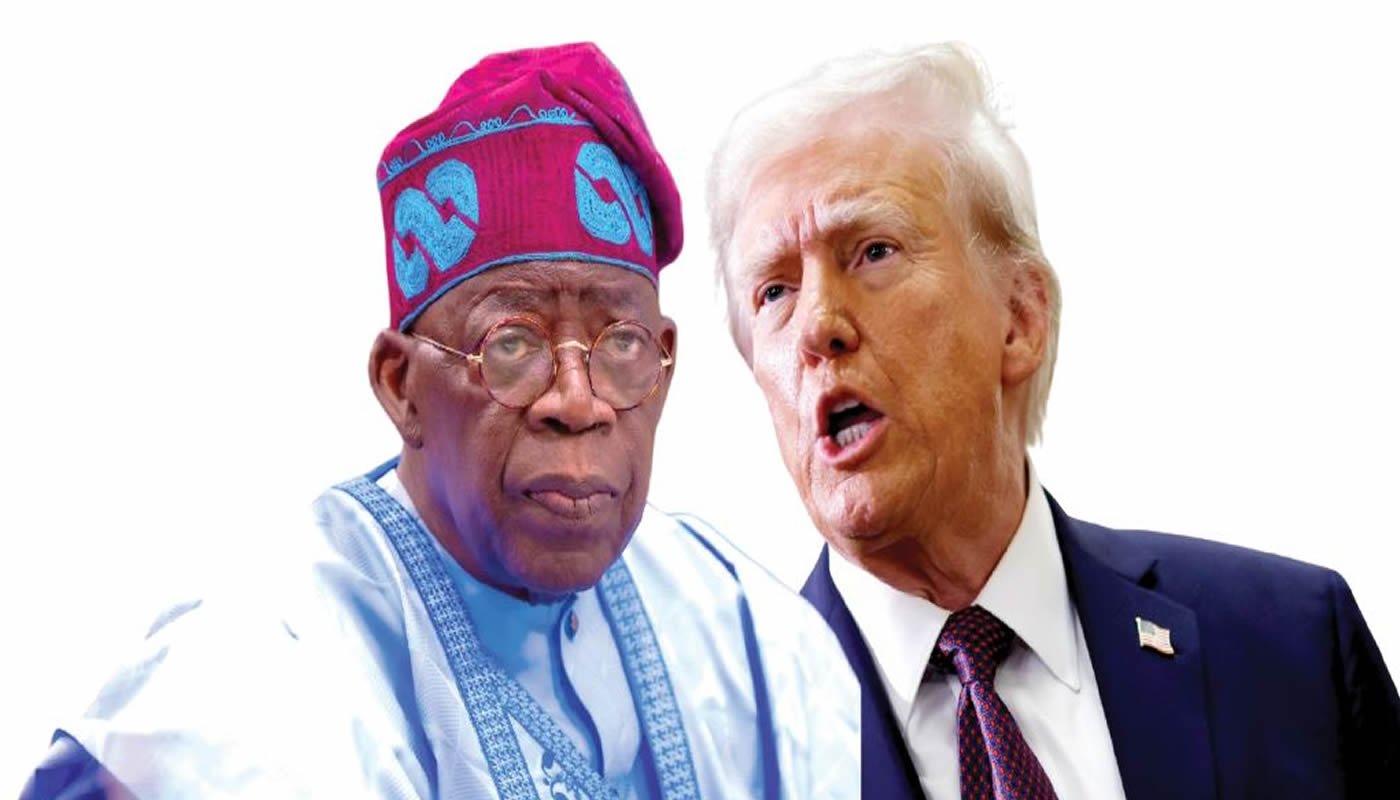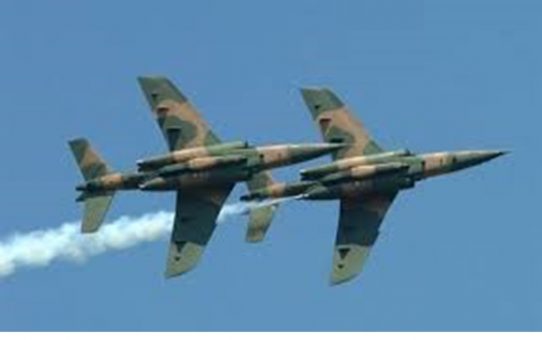US Congress Considers Sanctions on Nigerian Officials Over Alleged Religious Persecution
A major diplomatic row may be brewing between Nigeria and the United States as a new bill before the US Congress proposes sanctions against some northern governors, traditional rulers, and judges accused of complicity in alleged “Christian persecution” and human rights abuses tied to Nigeria’s sharia and blasphemy laws.
The Nigeria Religious Freedom Accountability Act of 2025, sponsored by Republican Senator Ted Cruz, seeks to designate Nigeria as a Country of Particular Concern (CPC) for religious persecution. If passed, the bill could see implicated officials face visa bans, asset freezes, and financial restrictions under America’s Global Magnitsky Human Rights Accountability Act.
The move follows renewed attention from former US President Donald Trump, who lamented on his Truth Social platform that “thousands of Christians are being killed in Nigeria,” urging Congress to investigate and respond swiftly.
What the Bill Says
Under the proposed legislation, the US Secretary of State would be required to submit, within 90 days of the bill’s passage, a list of Nigerian officials—governors, judges, and monarchs—who have “promoted or tolerated” laws or violence targeting religious minorities.
The legislation highlights the expansion of sharia-based penal codes across 12 northern states since 1999, beginning with Zamfara, as the root of systemic abuses. It also cites the persecution of Christians through alleged misuse of blasphemy laws and the failure to prosecute mob killings linked to religious disputes.
FG Defends Nigeria’s Legal System
Nigeria’s Federal Government has dismissed the accusations as “false and unfair,” insisting that the country remains a secular state where freedom of religion is protected under the 1999 Constitution.
In a statement issued by the Ministry of Foreign Affairs, Abuja argued that sharia law in Nigeria applies strictly to Muslims and is not a nationwide or compulsory system. The government emphasised that there is no federal blasphemy law and that non-Muslims cannot be tried under sharia statutes.
It maintained that all laws, including those enacted by states, remain subject to constitutional oversight and secular appellate review.
“The government of Nigeria does not persecute Christians in law or policy,” the statement read, adding that Christians freely build churches, operate schools, and hold public office nationwide.
Concerns Over Human Rights
Despite government assurances, international human rights groups have raised concerns about abuses tied to the enforcement of sharia.
Cases such as the killing of Deborah Samuel in Sokoto in 2022, and similar mob-related incidents in Bauchi, Kano, and Sokoto, have been cited as evidence of growing intolerance and weak justice responses.
Trump’s Threat and US Reactions
Trump, in a fiery post, warned that the US could suspend aid or even take military action if the Nigerian government fails to protect Christians.
“If the Nigerian Government continues to allow the killing of Christians, the USA will immediately stop all aid and assistance... and may very well go into that disgraced country ‘guns blazing,’” Trump wrote.
His Secretary of War, Pete Hegseth, echoed that sentiment on X, saying the US military was “preparing for action” if attacks on Christians persist.
Tinubu’s Response
The Presidency confirmed that President Bola Tinubu will meet Trump soon to address the allegations.
Special Adviser on Policy Communication, Daniel Bwala, said the discussion would focus on counterterrorism and correcting misconceptions about religious violence in Nigeria.
Bwala emphasised that both leaders share “a common interest in defeating insurgency and extremism,” and the meeting would help align understanding.
Experts Warn of Diplomatic Fallout
Former ambassadors have warned that the proposed sanctions could strain US-Nigeria relations and impact aid, investment, and security cooperation.
Retired envoy Mohammed Mabdul noted that Nigeria could lose access to key US weapons and intelligence support, while former Foreign Ministry spokesman Ogbole Amedu-Ode said the development should serve as a wake-up call for Nigeria to better protect its citizens.
Another retired ambassador, Godknows Igali, cautioned that major powers often push their own interests through such designations, urging Nigeria to engage diplomatically and seek mediation through friendly nations.
Read Also;
Tinubu to meet Trump over alleged Christian genocide in Nigeria — Presidency
Domestic Reactions
Former Kano governor and NNPP presidential candidate, Rabiu Kwankwaso, urged the US to assist Nigeria with technology and intelligence instead of threats, saying insecurity affects all Nigerians regardless of religion.
Meanwhile, the Christian Association of Nigeria (CAN) described Trump’s warning as “a call for the Nigerian government to act decisively.” Northern CAN Chairman, Rev. John Hayab, said the government’s lack of courage in confronting religious violence had emboldened extremists.
On the other hand, the Muslim Rights Concern (MURIC) called for calm, saying Trump’s threats should be interpreted as being directed at terrorist groups like Boko Haram and ISWAP—not Muslims or the Nigerian state.
“Terrorists are not part of us. We condemn terrorism in all forms,” MURIC’s Executive Director, Prof. Ishaq Akintola, said.
Calls for Diplomacy
Political analyst Charles Onunaiju and PDP chieftain Segun Showunmi both urged the government to prioritise diplomacy, warning that combining the CPC designation with the Magnitsky Act could have devastating consequences for Nigeria’s global standing and its elites.
Showunmi said, “The CPC targets the state, the Magnitsky Act targets individuals. One says your government is guilty; the other says you personally will pay.”
The Road Ahead
With the US Congress set to debate the bill and Trump hinting at a stronger stance, Nigeria faces mounting pressure to prove its commitment to religious freedom and human rights.
As tensions rise, experts say Abuja’s best option lies in transparency, reform, and proactive diplomacy—before the situation escalates into a full-blown international crisis.




